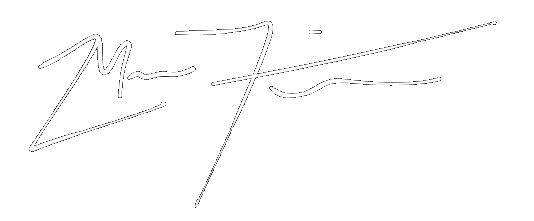““Two questions arise. First, what is the difference that allows some to fit into that narrow window at the top? And second, what is the point? If ambition spells probable disappointment, why pursue excellence? In my opinion, the answer to both questions lies in a well thought out approach that inspires resilience, the ability to make connections between diverse pursuits, and day to day enjoyment of the process”
”
When I read the above quote, something clicked. I've often thought about how to reconcile ambition with risks that aren't immediately obvious in constantly pursuing achievement. To me, the quote sets the tone for Waitzkin's outstanding book on performance strategies, "The Art of Learning." As part of my annual review and planning, I choose a word to return to for guidance throughout the year. Last year it was authenticity, the year before that was intention. This year I chose ambition. There are many things I want to achieve in life, and being ambitious is necessary to get things done. On the other hand, I know first hand the risk of complete commitment to a singular pursuit. Doing the work to learn from those experiences has convinced me that there is a way to follow ambition intelligently, planning so that you benefit independent of outcome.
"Desire is a contract that you make with yourself to be unhappy until you get what you want." - concept from Naval Ravikant
Ambition is useful as long the focus is on process rather than result. Tying self worth and identity to outcomes is dangerous. It's a fine line. Reaching certain levels of success requires a healthy amount of ambition, and you need something driving you forward. But ambition to what end? “Ambition,” Marcus Aurelius reminded himself, “means tying your well-being to what other people say or do . . . Sanity means tying it to your own actions." Do the work to remove ambiguity around what you're after and focus. Be ambitious, but be sure of its foundation. Otherwise you risk failing even if you succeed.
